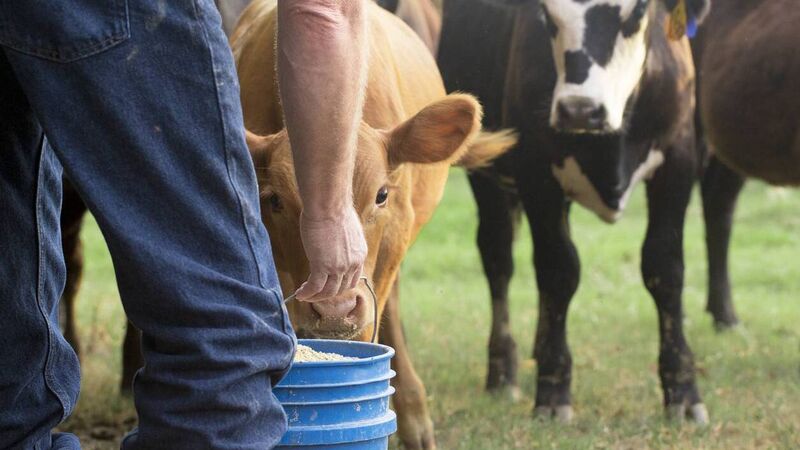New headage payment helps make dairy beef a beefier prospect

Rearing calves born from dairy cows for beef production can be profitable for efficient farmers, and they will be helped from 2023 onwards by a €20 per head payment proposed in the CAP Strategic Plan. Picture: Pamela D McAdams/iStock/Getty Images
Rearing calves born from dairy cows for beef production can be profitable for efficient farmers, and they will be helped from 2023 onwards by a €20 per head payment proposed in the CAP Strategic Plan.
The payment will be for weighing dairy beef animals once during their first year, proposed as a practice to improve the welfare of these male dairy calves.










